Services
Traditional Acupuncture
|
It is a healthcare system based on ancient Chinese and other eastern principles. With its roots in Chinesemedicine, traditional acupuncture goes back nearly 2000 years and is used to restore and maintain good health. The aim of an acupuncture treatment is to restore equilibrium at all levels of wellbeing, physical, mental and emotional. According to traditional Chinese philosophy our health is dependent on the body’s motivating energy moving in a smooth and balanced way through a series of channels/meridians beneath the skin. This energy is called “qi” A number of factors can disturb the flow of qi, which include emotional, hereditary factors, infection and trauma. When qi is unbalanced, illness may result. Ultra fine needles are inserted at chosen points along the channel of energy. The aim is to stimulate the body’s own healing response and restore its natural balance. |
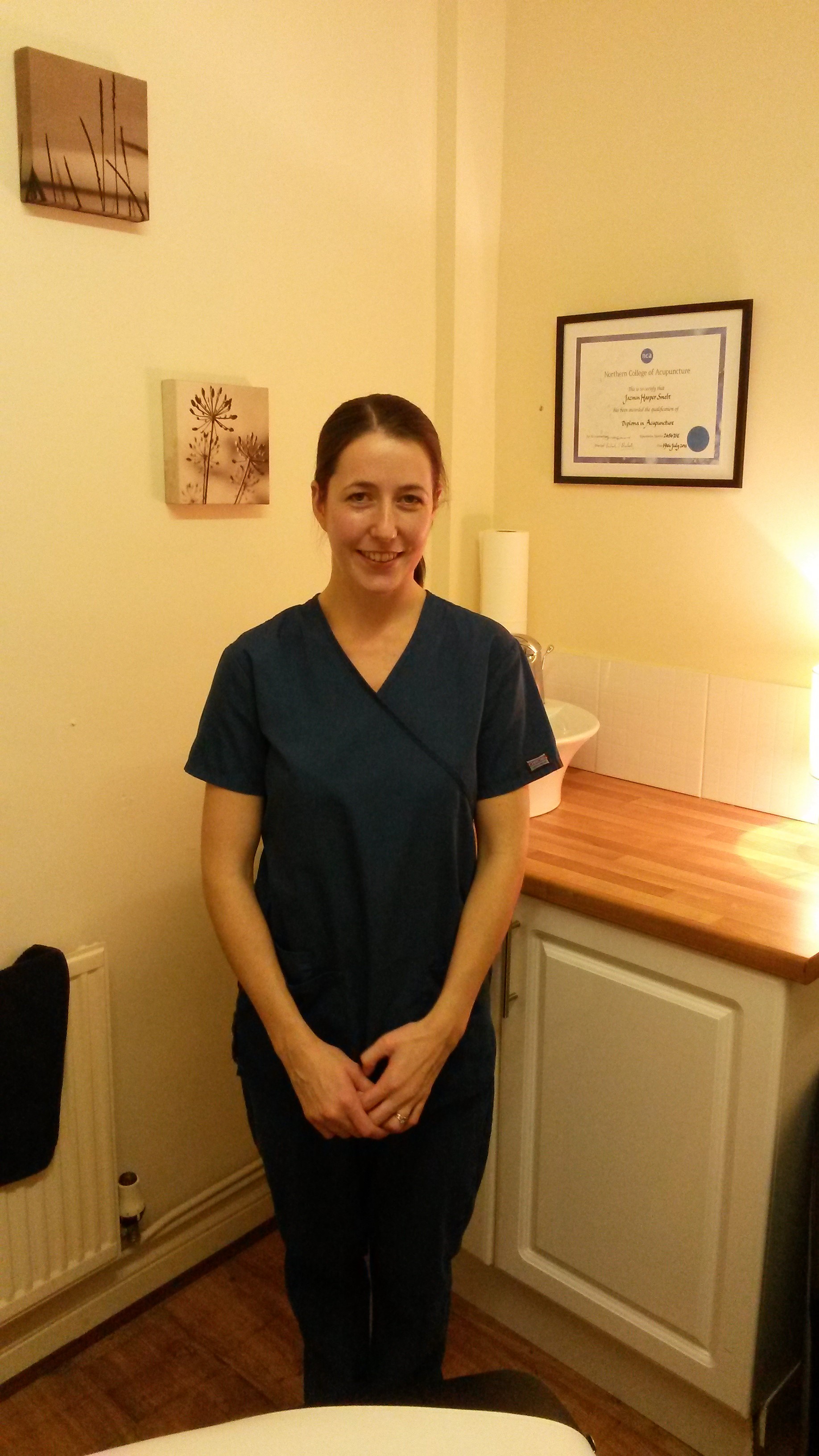 |
Who has acupuncture?
It is suitable for all ages and is considered a complimentary therapy so can be used alongside conventional medicine. People have treatment for specific conditions and symptoms, or to improve their general wellbeing.
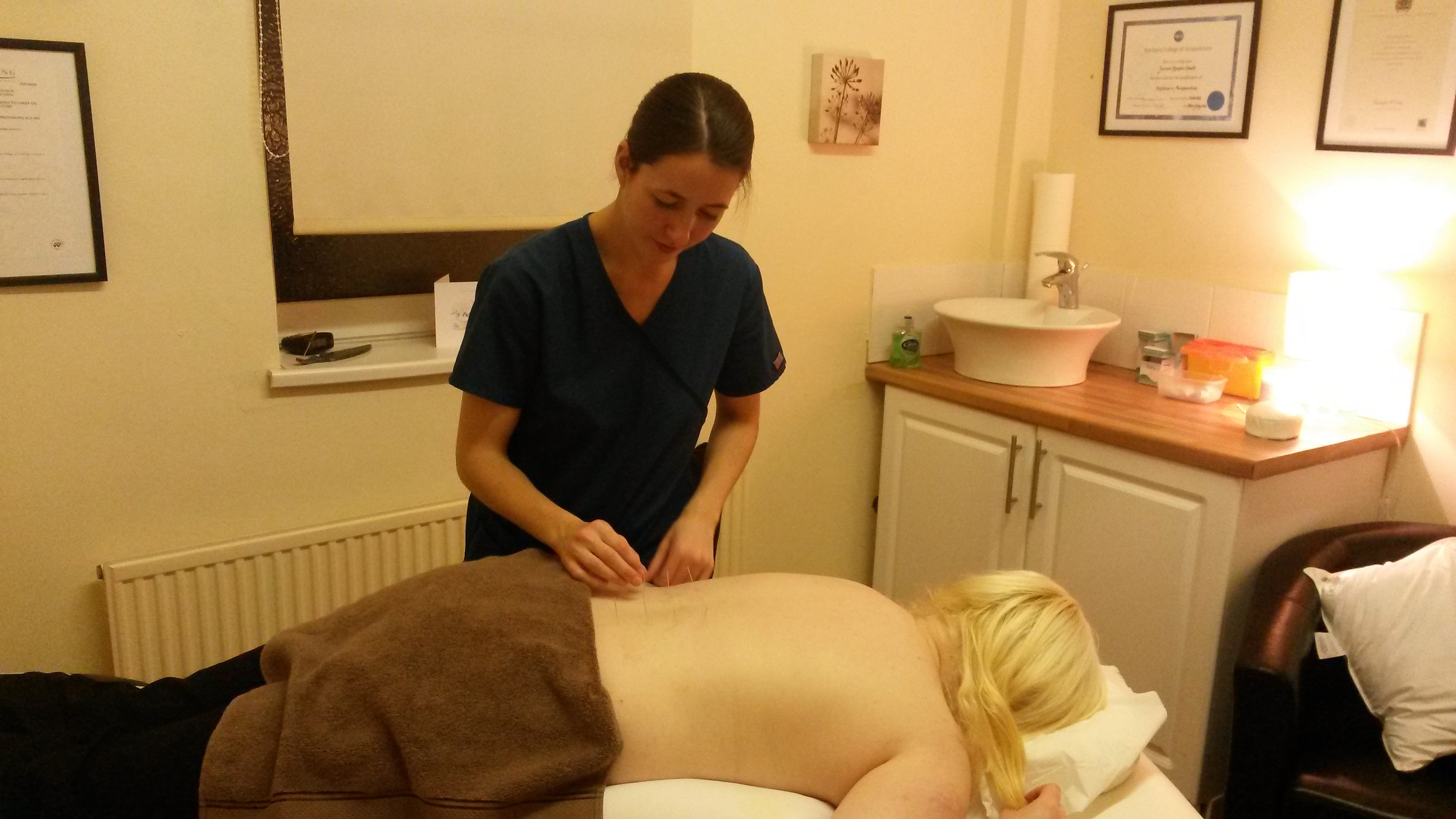
Is it safe?
The needles used are single-use, sterile and disposable. Following treatment one may feel tired and very occasionally a small minor bruise may occur.
|
What does it feel like? What happens when I go for treatment? |
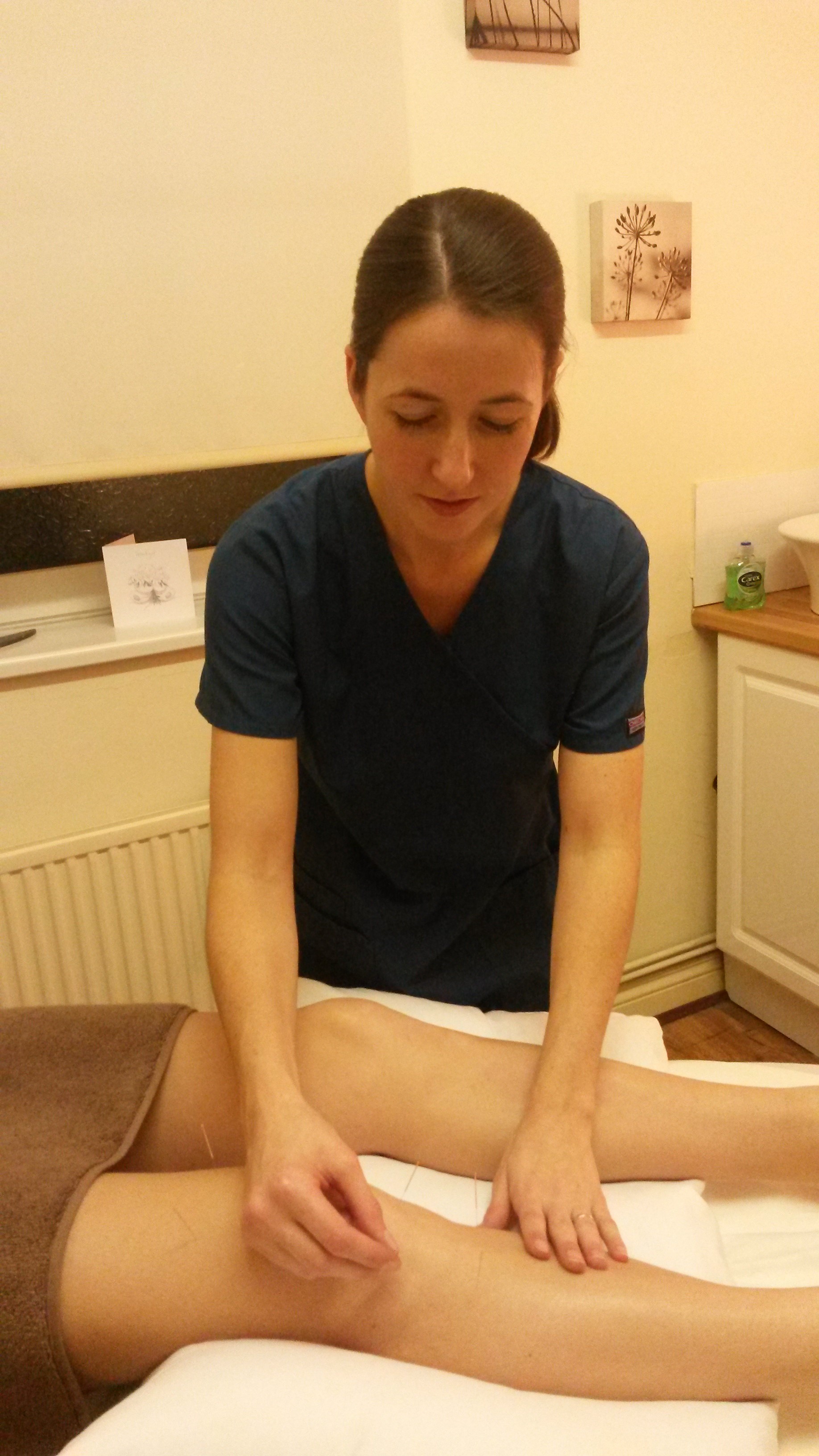 |
How many sessions will I need?
Frequency and the length of treatment depend on individual condition. Some patients may need treatment over several months or long- term while occasionally fewer are required. Usually a course of 6 – 10 sessions are recommended. The acupuncturist will normally ask to see you once or twice a week at first.
| Should my doctor know? It makes sense if you have been prescribed medication to tell your doctor that you are planning to have acupuncture and should always tell your acupuncturist about any medication you are taking as this may affect your response to acupuncture treatment. |
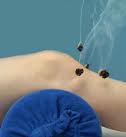 |
What can acupuncture do for me?
Acupuncture is widely considered to be beneficial for a range of illnesses and symptoms. It is often used in the treatment of a variety of conditions and in conjunction with western medicine. It is used to treat muscular and joint pain, anxiety and stress disorders, depression, sleep disorders, digestive problems woman’s problems such as menopause, menstrual disorders, during pregnancy, infertility and many more. Please phone the clinic to talk to an acupuncturist.
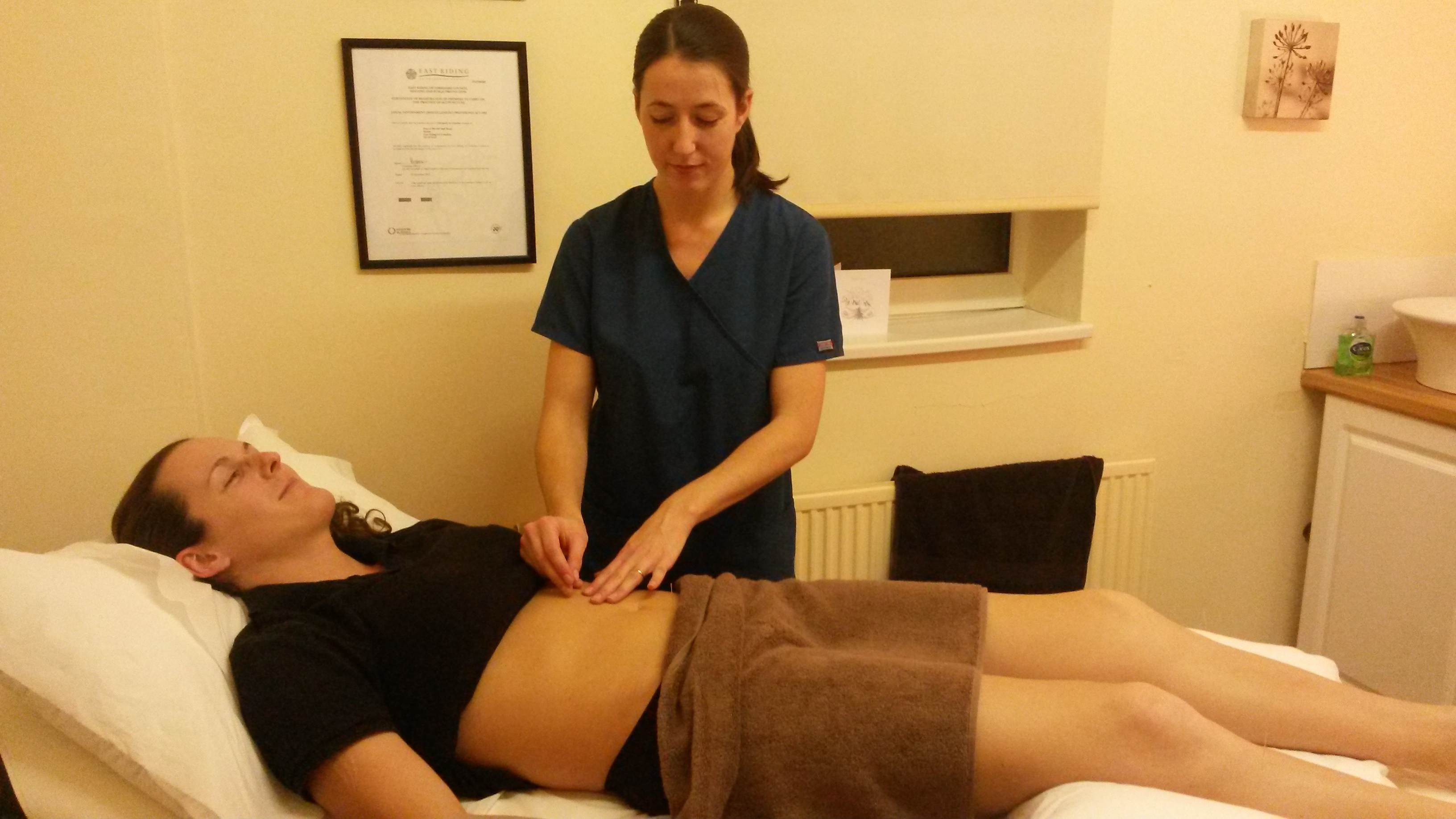
The Achilles Centre has chosen Dr. Comfort Shoes and Socks to supply to our clients.
The shoes are fully leather lined to keep feet cool and dry, they have a padded leather heel cradle to reduce heel slippage. The padded leather tounge reduces friction and improves fit.
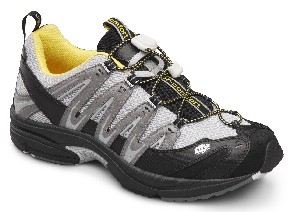 |
A superior quality gel plus insole gives additional comfort, stability and support. Gel metatarsal and heel pads provide extra comfort. |
|
Based on more than 25 years of design experience and input from professional Podiatrists. Extra width and depth in the toe box and forefoot area helps to prevent pressure on swollen feet, bunions, hammertoes and other problem areas. The full range is designed to reduce foot health complications associated with diabetes and poorly fitting footwear. Built to accommodate insoles or orthotics (supplied insole may be removed and replaced with a prescription orthotic). |
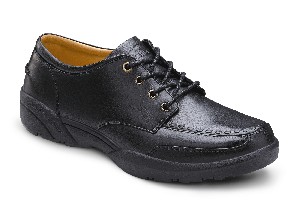 |
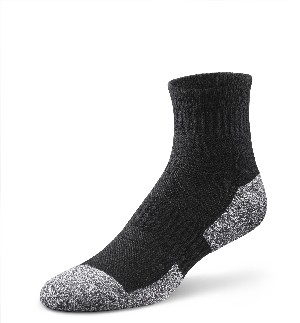 |
Smooth seam construction, suitable for diabetics. Nano bamboo charcoal materiel for anti microbial odour control and superiour breathability (not extra roomy). Non binding. Ball and heel padding. |
| Bamboo Charcoal was discovered during the Ming Dynasty in 1486 AD. Today Molecular Nano Bamboo Charcoal is made when bamboo charcoal is refined by temperatures over 700 degrees. Nano Bamboo Charcoal Fiber is able to release Far Infrared Rays that may promote blood circulation and increase Anion production, which is very good for physical health. Nano Bamboo Charcoal is a natural deodorizer and has innumerable hole structures and can absorb and decompose benzen, phenol, methanol, sulfides, nitrides etc. It helps reduce odours from NH3 gas, adjust for moisture, release Anions and restrain microbial growth. Another benefit of Nano Bamboo Charcoal Fiber is its ability to regulate skin temperature. NBCF may keep your feet cooler or warmer than traditional materials. Nano Bamboo Charcoal is not only more sustainable than hard wood charcoal, due to its rapid growth cycle, but also protects the environment as no chemicals are required for this product to have such wonderful properties. | 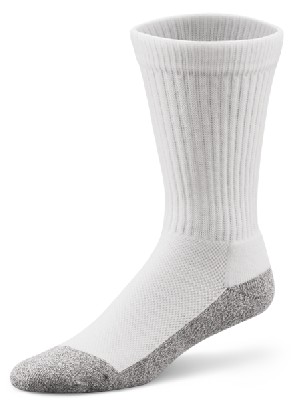 |
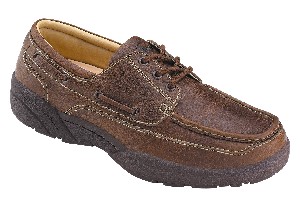 |
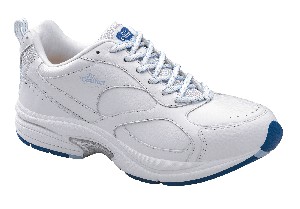 |
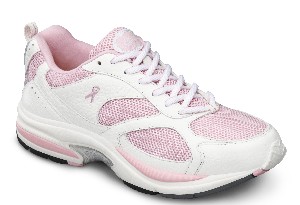 |
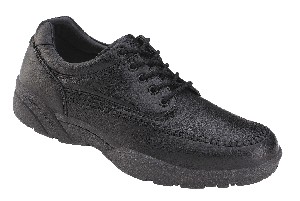 |
What is an Acupuncture Practitioner?
Acupuncture Practitioners are therapists such as physiotherapists, musculoskeletal podiatric specialists, osteopaths, chiropracters, sports and remedial massage therapists who practice acupuncture as an adjunct therapy within their field of practice. Acupuncture practitioners will have undertaken a degree or diploma in their field of practice. Following completion of their degree/diploma they will have undertaken further post graduate training in acupuncture.
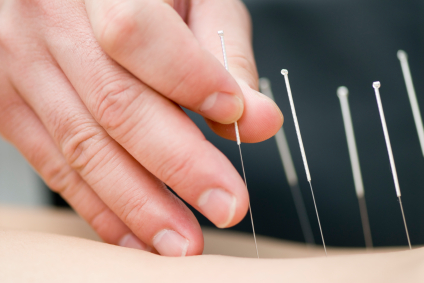 |
Acupuncture practitioners are registered with their governing body (i.e. Society of Chiropody and Podiatry) and the acupuncture practitioners organisation. Members are required to complete a minimum standard of training and to maintain this standard by completing a minimum number of continual professional developments (CPD) each year to remain registered and work within an evidence based framework. |
Some of the conditions Acupuncture practitioners treat include:
- Knee pain (trauma or osteoarthritic)
- Heel pain (plantar fasciitis)
- Diabetes/Peripheral neuropathic pain
- Musculoskeletal conditions
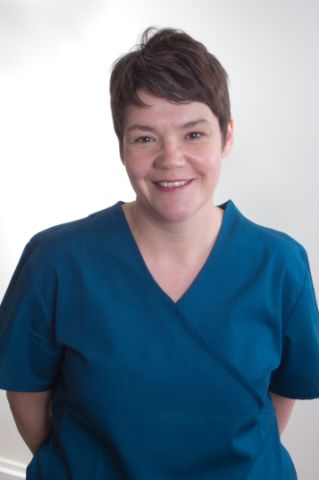 |
What is Nail Surgery? Why is Nail Surgery necessary? An in-growing toe-nail is one where the nail has either broken away or been cut incorrectly leaving a rough shoulder or nail spike. This may then penetrate the soft tissue of the toe, in the nail groove, as it grows. Thus leading to an acutely painful, and often infected, toe. Involuted toe-nails are excessively curly from side to side leading to an excessive amount of pressure building-up in the nail groove along the nail edges. This can cause hard skin or corns to develop resulting in chronic discomfort. Most nail conditions can be dealt with conservatively, i.e. without surgery, and, where appropriate, this would always be the first choice of treatment. However, in situations where the problem persists or fails to respond, nail surgery surgery might be indicated. |
What is involved?
Nail Surgery is carried out here at the Achilles Centre at any time convenient to both the practitioner and patient, usually within a few days. The patient will already have been assessed to ensure that surgery is appropriate, and a pre-operative assessment of general health will have been carried out. Approximately one hour is required, with a follow-up appointment usually the following week.
A local anaesthetic is used, tourniquet applied, and the required amount of nail gently lifted off (no stitching is required and there is generally no bleeding). A chemical is used to remove the nail bed and a large dressing then applied. Patients are taken home by a friend or relative. Analgesics are sometimes required within the first few hours post-operatively.
|
Are there any risk involved? Will the nail grow again? |
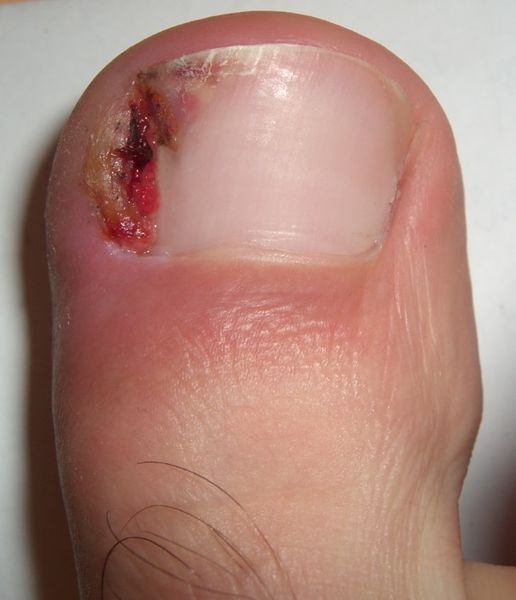 |
CHIROPODY is the traditional way of dealing with painful conditions of the foot: corns, calluses, ingrowing toenails and skin disorders such as verruca and athletes foot.
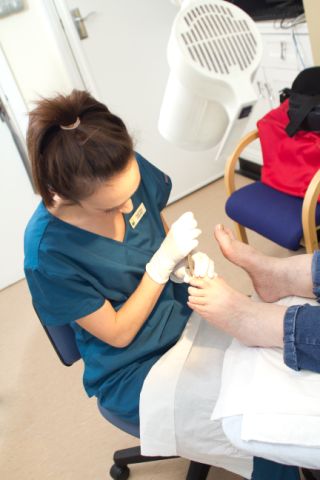 |
Why do I need a chiropodist? How much better would it be if we established a routine of home and professional care that prevented pain from ever occurring? If you've ever experienced foot problems then you will be aware of how debilitating it can be, not only physically but psychologically as well. Have you ever heard anyone say that the pain in your foot shows in your face? |
Why should I use the Achilles Centre for chiropody?
All of our chiropody team are state registered, and they all hold a degree in podiatric medicine. State registration is the standard set by the government through the Alliance of health Professionals.
We also believe that the key to the best long-term foot care is in the examination prior to any treatment. Spending the time to find out why we have a particular problem means that we can treat the cause and not just the symptoms.
This is why at your first consultation you will receive a thorough examination of your feet, which includes an assessment of the circulation to the area, the condition of the skin, the size, type and nature of any lesions or deformities. We will also assess how the joints within your feet move and examine you whilst sitting, standing and during walking.
More importantly from this we are able to establish a routine foot care plan, tailored to you, that will keep your feet at their peak.
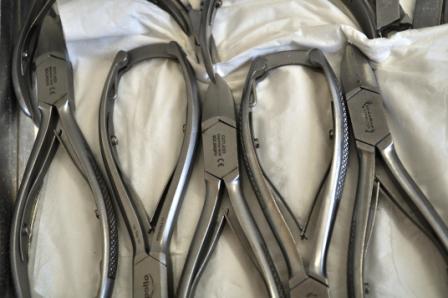
|
PODIATRY is the speciality concerned with the diagnosis and or medical, surgical, mechanical, physical or other treatment of the diseases, injuries and defects of the human foot.
A podiatrist is a medical specialist trained in the treatment of the lower limb. The greatest difference between a traditional chiropodist and modern day podiatrist is the in the fact that the entire lower limb (from the hip down) is treated by a podiatrist and a chiropodist only tends to work with the foot.
Podiatry includes a large field called ‘podiatric biomechanics’, this is concerned with the alignment of the bones in the foot and their relationships.
|
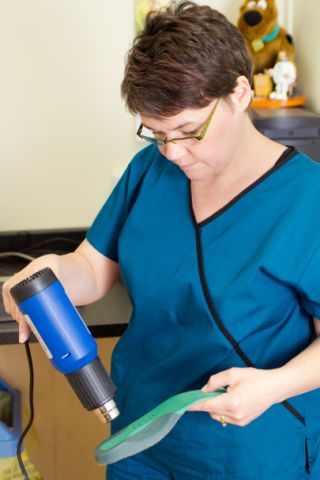 |
What is Podiatric Biomechanics?
Is the area of human biomechanics that deals essentially with structure and function of the feet and how they relate to each other the hips, legs and spine.
Anyone who is experiencing recurrent or severe foot discomfort and pain whilst walking, playing sports or during their normal activities may benefit from podiatry. Treatment of these type of problems is with a device called a biomechanical orthotic.
What is an orthotic?
It is a carefully constructed device that fits into your shoe and controls your foot motions and weight distribution as you walk. These devices are not arch supports; they work specifically to eliminate the causes of your symptoms, so that your feet may operate normally and efficiently.
It's amazing how many people believe that aching or painful feet are a normal part of life and it is only once the symptoms have improved with wearing foot orthoses that they realise how much discomfort they were in!
Copyright © Achilles Centre 2025 All rights reserved
